Growth of the game will not be at the expense of domestic football - Masters
Chief football news reporter in Chicago
The Premier League will not reduce in size from 20 to 18 clubs, says chief executive Richard Masters, amid tensions with world governing body Fifa over the congested international calendar.
The top-flight season begins on 15 August, kicking off 11 months of competitive action which will end in the US for the World Cup final on 19 July.
The season starts three weeks after Chelsea beat Paris St-Germain to win the Club World Cup - and two weeks after the final round of Summer Series matches.
Manchester City midfielder Rodri suggested last year that players are close to going on strike because of the increase in games.
Germany's Bundesliga and France's Ligue 1 were reduced from 20 to 18 teams for the 2023-24 season.
But Masters told BBC Sport: "I don't think we should be forced into that decision.
"I am all for the growth of the game and the exciting competitions our clubs can participate in - but not at the expense of domestic football."
Fifa and players' union Fifpro have long been in dispute over player burnout.
Masters sides with the union in claiming Fifa has not consulted the game properly, on the implementation of the expanded 32-team Club World Cup or next summer's World Cup, which will be the first to include 48 countries.
This is not the only reason the calendar is squeezed - Uefa's expansion of all three club competitions last season was the main reason FA Cup replays had to be scrapped and the Carabao Cup third round now has to be played across two midweeks in September.
But Masters said the major leagues at least had an input into the decision-making process.
"The jury is out about the competitiveness of the format and the scheduling and the underlying economics, but it is not my job to assess the success or otherwise of the Club World Cup," Masters said.
"It is my job to assess whether these new competitions have an impact on the domestic calendar and domestic competitions, of which the Premier League is one.
"Since 1994 the Premier League has been 380 matches, 20 clubs. We haven't changed shape at all.
"Now we are now starting to redesign our domestic calendar at the altar of European and global expansion.
"We are asking the players to play in more matches. There has to be, at the top of the game, a proper dialogue between Fifa and all the stakeholders about how these things go forward.
"That has been sadly missing."
While Masters is correct in stating the Premier League has remained the same since it reduced its numbers from 22 to 20 for the 1994-95 campaign, it has been guilty in the past of forcing clubs into a schedule they do not want.
The latest issue has centred upon Chelsea and City, who both wanted a delayed start to the new campaign given their summer exertions.
This was rejected, meaning Chelsea will meet Crystal Palace at Stamford Bridge exactly five weeks after beating PSG at MetLife Stadium.
"It is the butterfly impact of decisions taken beyond our influence by other footballing bodies that directly impact on domestic leagues," said Masters.
"When you finish a tournament in mid-July and have to provide the players with three weeks' break, there is only a week to go before the start of the season.
"It doesn't add up. It puts us in unnecessary conflict with our own clubs. It's not just those involved in the Club World Cup. It is the clubs they are playing and we have to be fair to everyone."
'We will be back for Summer Series'
Masters said he does not recognise suggestions that there is widespread disquiet within the Premier League about central funding being used on the Summer Series.
League officials have spoken of the wider commercial benefit of bringing the tournament to the US for the second time in three years, especially with broadcasting giant NBC now one of its most significant partners.
Rather than scrap the biennial tournament - which began in 2003 as the Asia Trophy and has had 25 different clubs enter - Masters is confident it will happen again in 2027.
"I am sure we will be back," he said. "We can't announce it yet because we haven't organised it, and we need to get the clubs onside, but it is part of our growth agenda and very popular."
The 'growth agenda' should not be underestimated.
At the Summer Series event two years ago Masters told BBC Sport he was "not too concerned" about the threat posed by the Saudi Pro League.
Since then, recruitment within the league has become more strategic but, more importantly, Fifa has awarded the 2034 World Cup to Saudi Arabia, meaning investment in football in the country is likely to grow.
This comes as some argue the Premier League is becoming more predictable, with the last six promoted clubs immediately getting relegated and the biggest clubs becoming more aggressive in their recruitment.
"I am not oblivious to the fact the Premier League exists in a highly competitive environment," Masters said.
"We always keep an eye on what is going on and clearly the Saudi Pro League is developing and moving forward. But so is the Premier League.
"Of course we have our issues, but the fans want to watch, domestically and round the world.
"You have jeopardy. You don't know who is going to win. Clubs can aspire to rise up the league. There is competition at the bottom and for European places and hopefully for the title.
"As long as that remains the case, I am very optimistic about the future of the Premier League."

 Movie
Movie 17 hours ago
17
17 hours ago
17 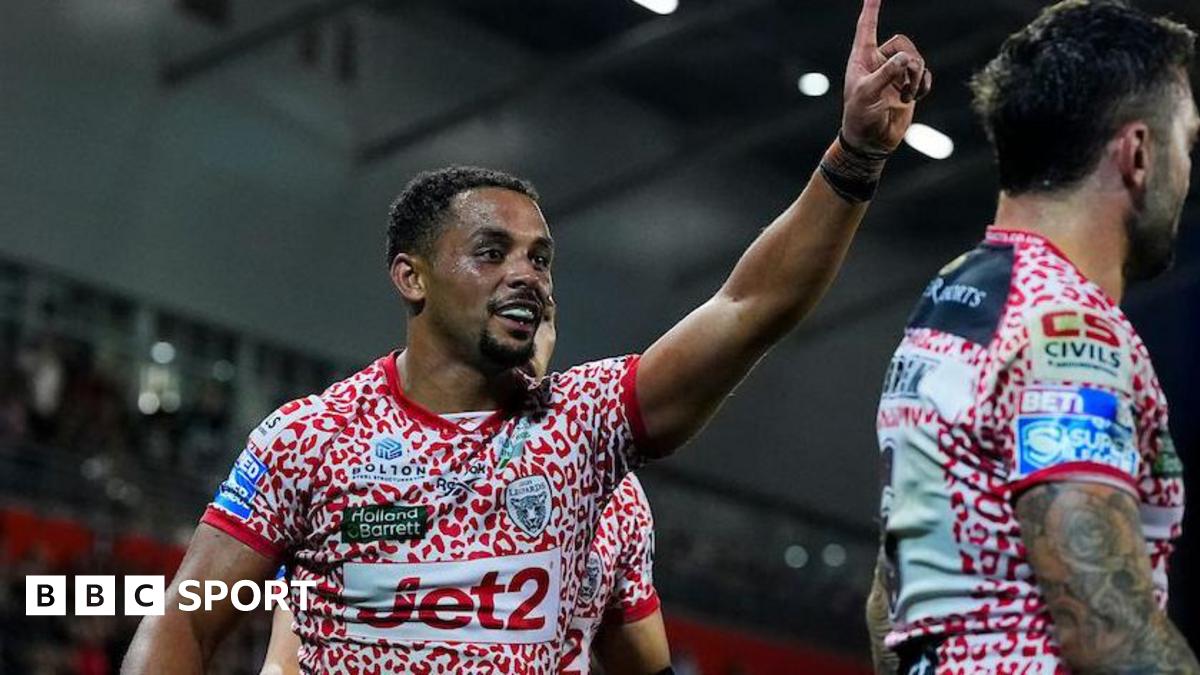
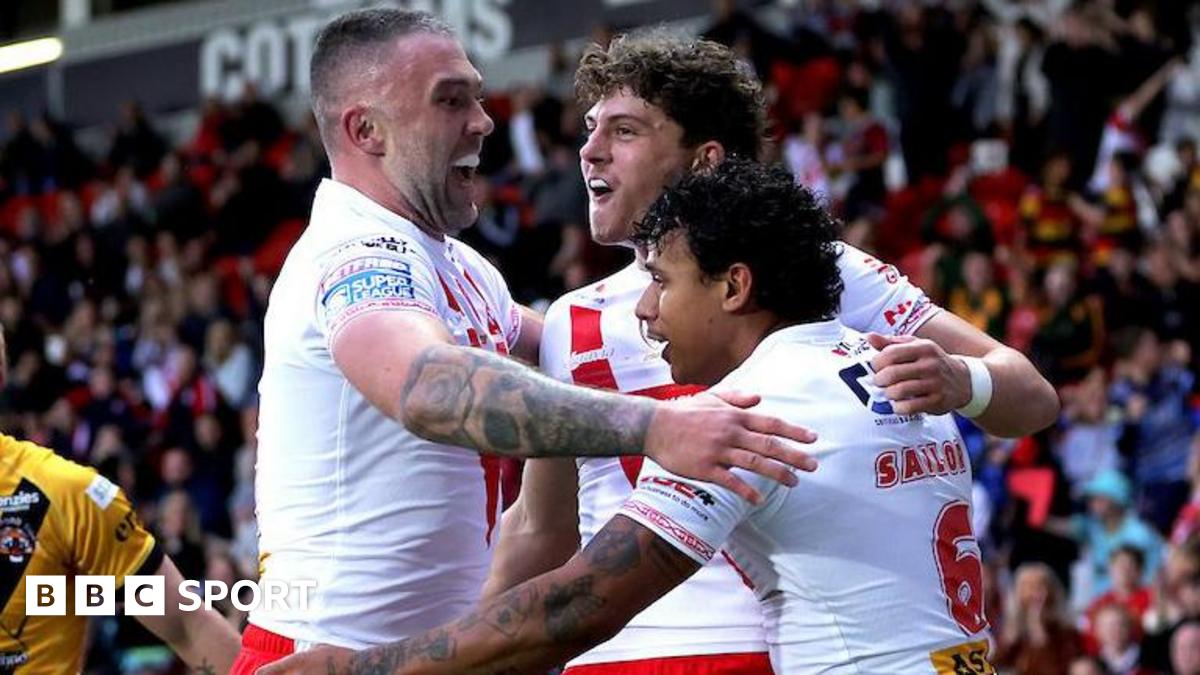
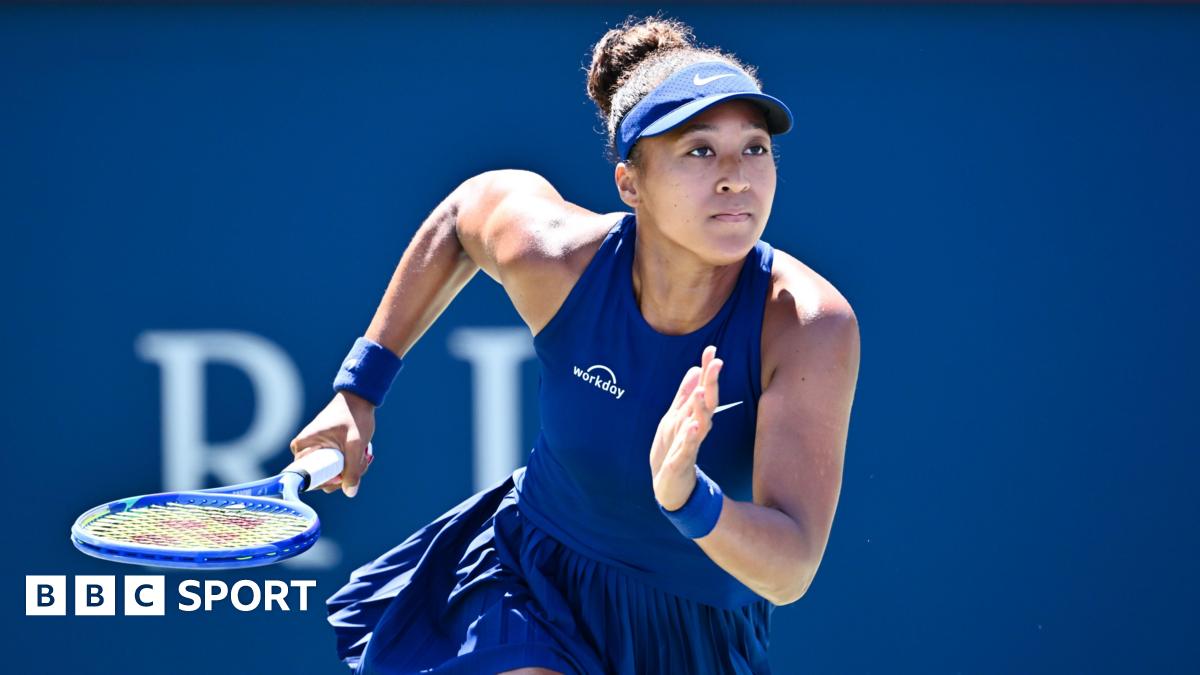
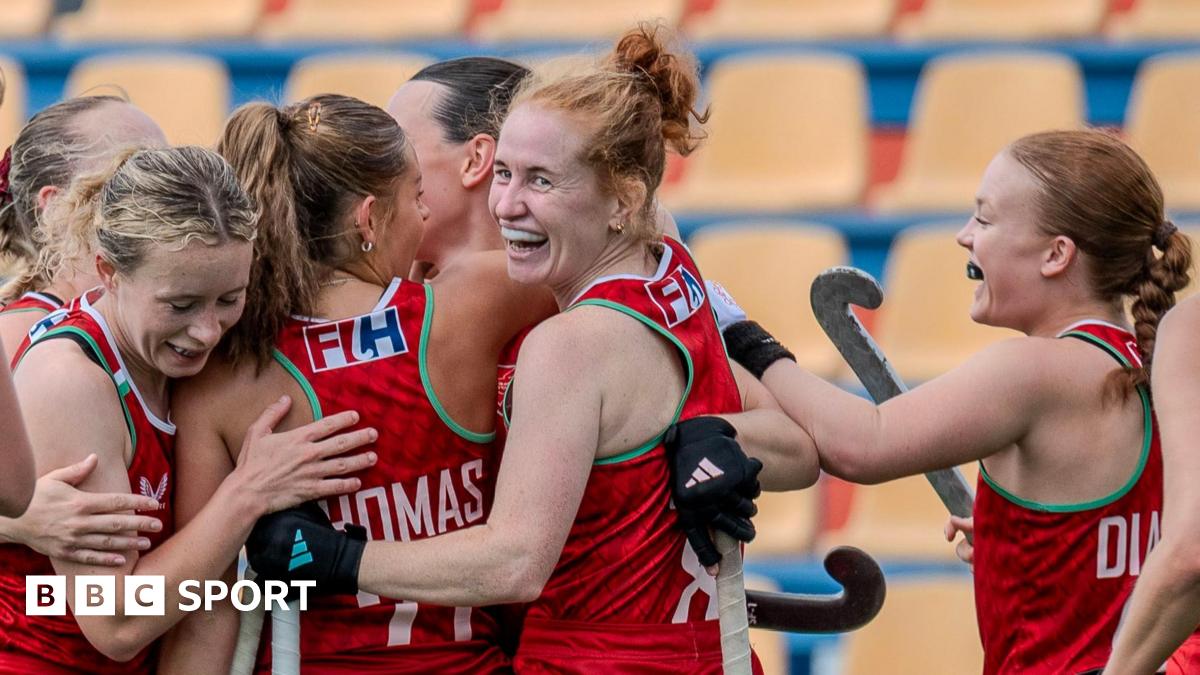
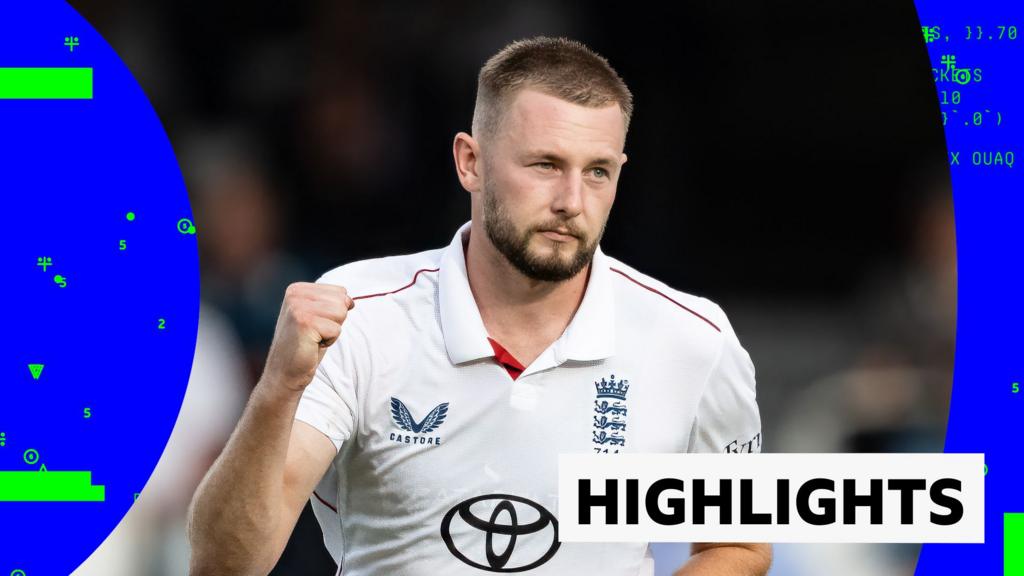

![Presidents Day Weekend Car Sales [2021 Edition] Presidents Day Weekend Car Sales [2021 Edition]](https://www.findthebestcarprice.com/wp-content/uploads/Presidents-Day-Weekend-car-sales.jpg)



 English (United States)
English (United States)